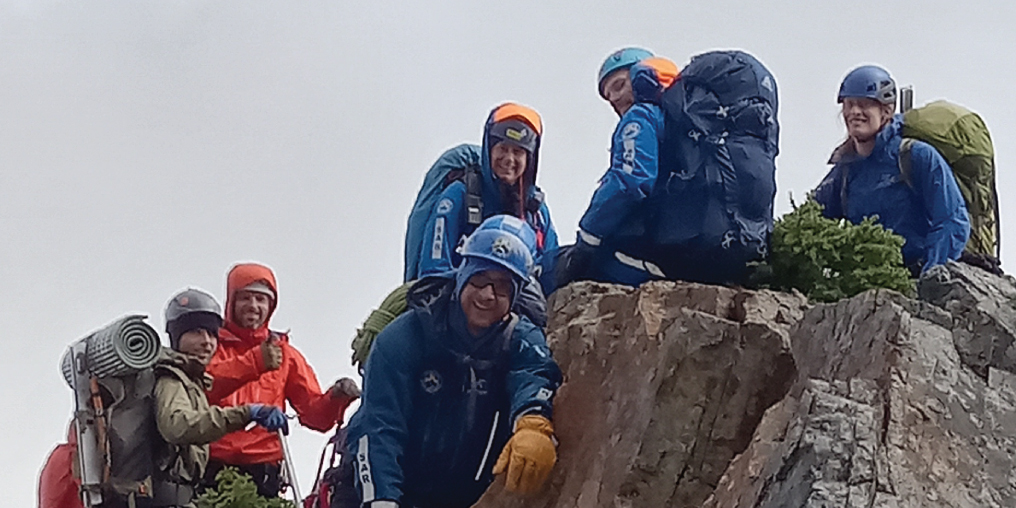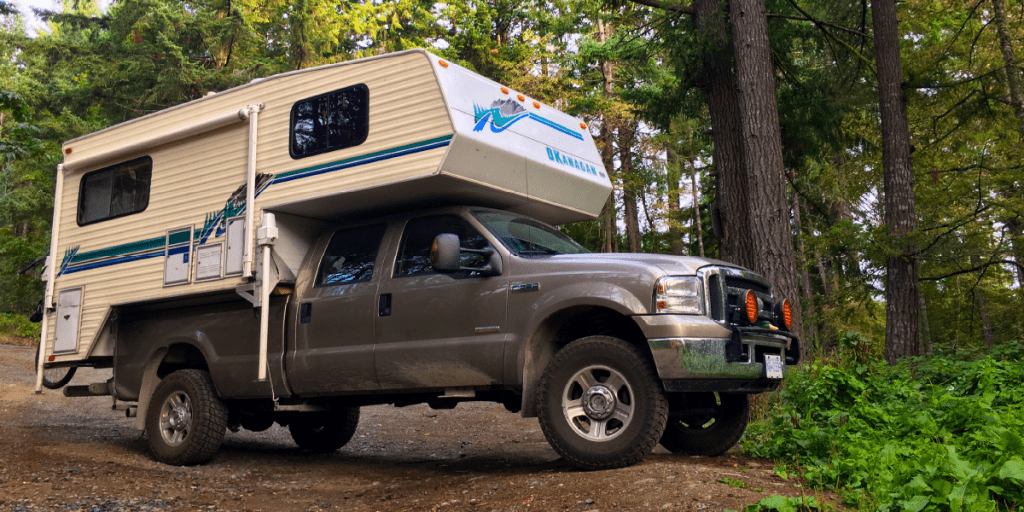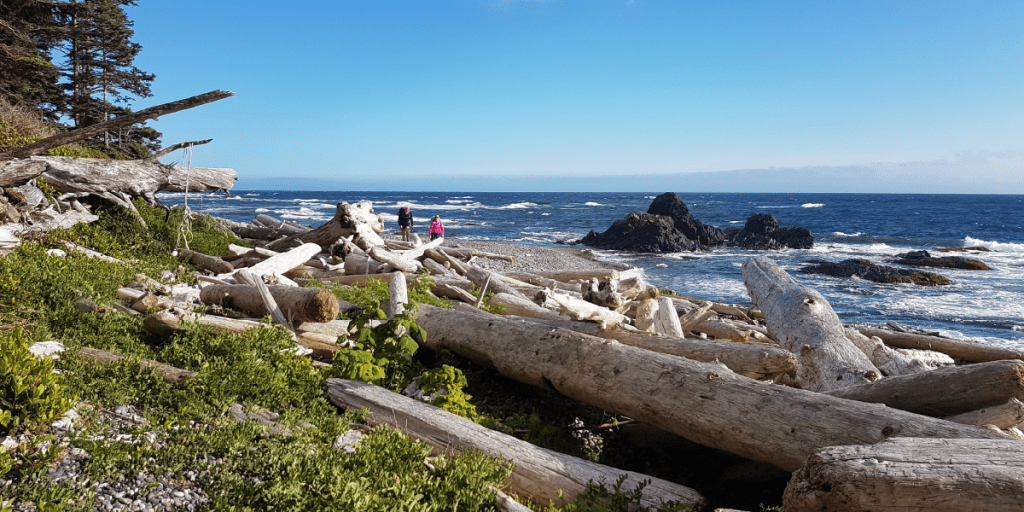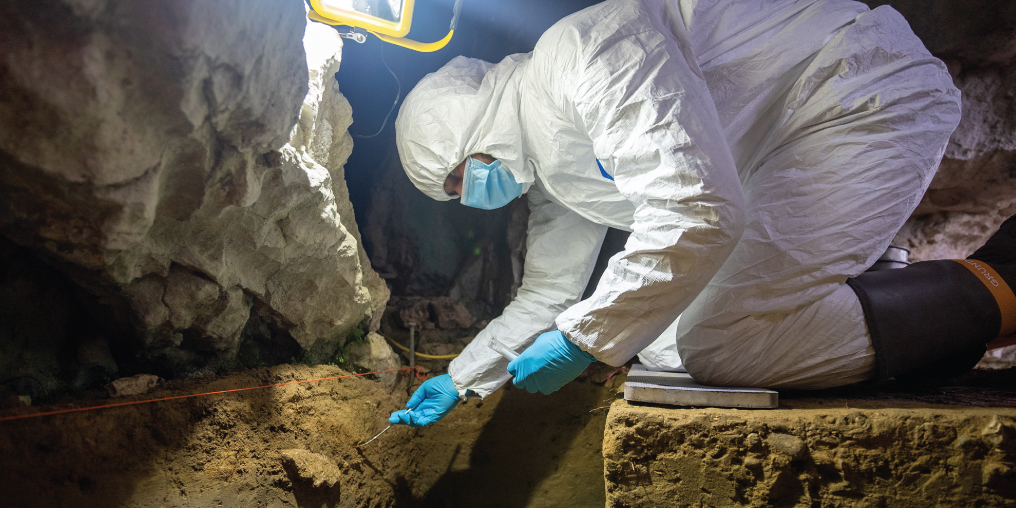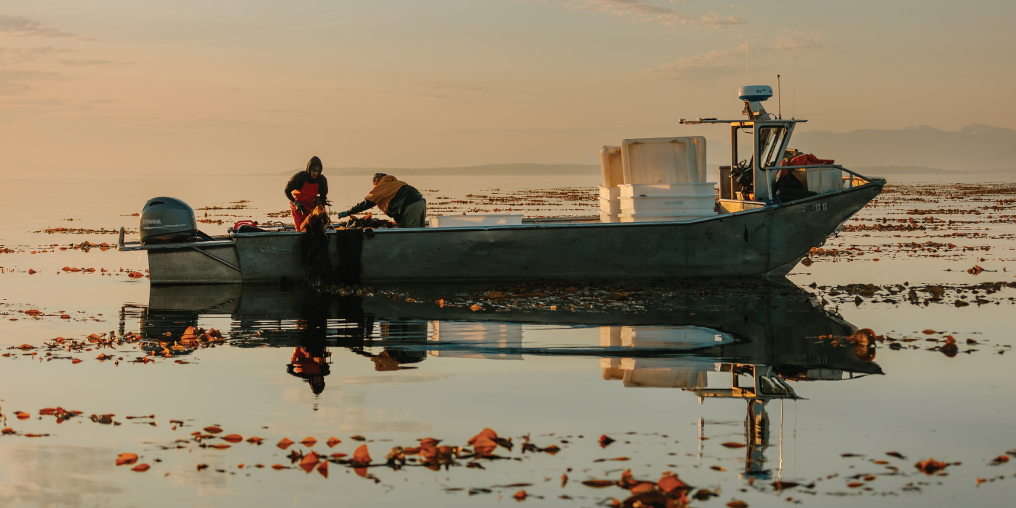My phone is set to a special sound just for Search and Rescue calls and, while I have learned over the years to be calmer about it, the sound definitely triggers an increase in pulse, a release of some chemical in the blood. “What will it be this time?” I wonder.
The possibilities are many. We can be tasked to an urban search for a dementia patient wandering the streets at 3 a.m. or whisked into the mountains by helicopter to perform a rescue that demands the most of our training—typically in fading light when the pilot is obliged to be back at the hangar before dark. Most tasks fall somewhere between the two.
Campbell River Search and Rescue (CRSAR) started in 1976, formalized as a Society in 1979, and is one of 79 all-volunteer groups across the province. We maintain a membership of 50 or so diverse members aged in their 20s to 70s. Almost 40 per cent are female. All bring something valuable to the group.
Basic training is 100 hours and includes wilderness first aid, radio use, search techniques, SAR structure and protocols, survival, and safety. After that, the possibilities open up to skills in leadership, advanced first aid, swift water rescue, tracking, rope, and mountain rescue. We even have a canine search program. A minimum of 100 volunteer hours is required per year, but the average is well over 200. Fifty members at 200 hours each? That’s 10,000 hours!
Over the years, we have seen a few significant changes. We have become busier (attending between 60-100 callouts per year), and we are far better equipped and trained, but more is demanded of us to stay current with provincially mandated standards. Now that so many people have cell and satellite technology, we do more rescuing and less searching. We still train to use paper maps and magnetic compasses, but most of our navigation is digital and satellite-based.
CRSAR is funded in part by the Ministry of Emergency Management and Climate Readiness. The remainder is cobbled together from gaming grants (sourced from the portion of lottery and casino revenues that go to the BC government), local government, and donations.
Funnily enough, I am interrupted while writing this article by that familiar text tone. This time it’s an injury on the Elk River trail. I monitor the situation, but will not be directly involved this time. We get two or three calls a year to this area—sometimes we send in a ground team as backup.
However, if daylight allows, we typically send two or three members in a helicopter because evacuating someone down that trail would take hours, and there’s ultimately a greater risk to the patient and our members in a stretcher evacuation, as opposed to using the helicopter. Today, our team will be able to land on a gravel bar in the river and make their way through the bush to the trail.
If there is room for three of our members, we send an experienced team leader, a higher-level first aider, and a newer member who benefits from the experience.
The next call could be in half an hour, or in two weeks. We just never know. But the rewards of volunteering our time—the skills we learn, the friendships we develop, and the ability to make a positive difference to someone who needs help—are unquestionable.
Learn more at crsar.ca where donations are also gratefully accepted. Funds are currently being raised to complete an addition to the CRSAR building.

